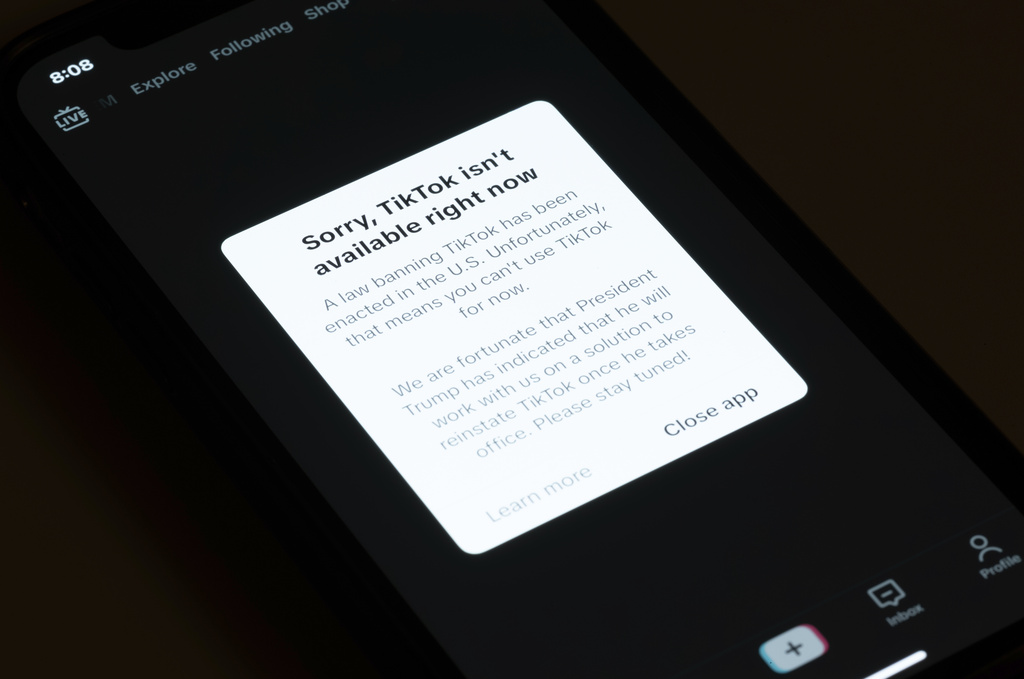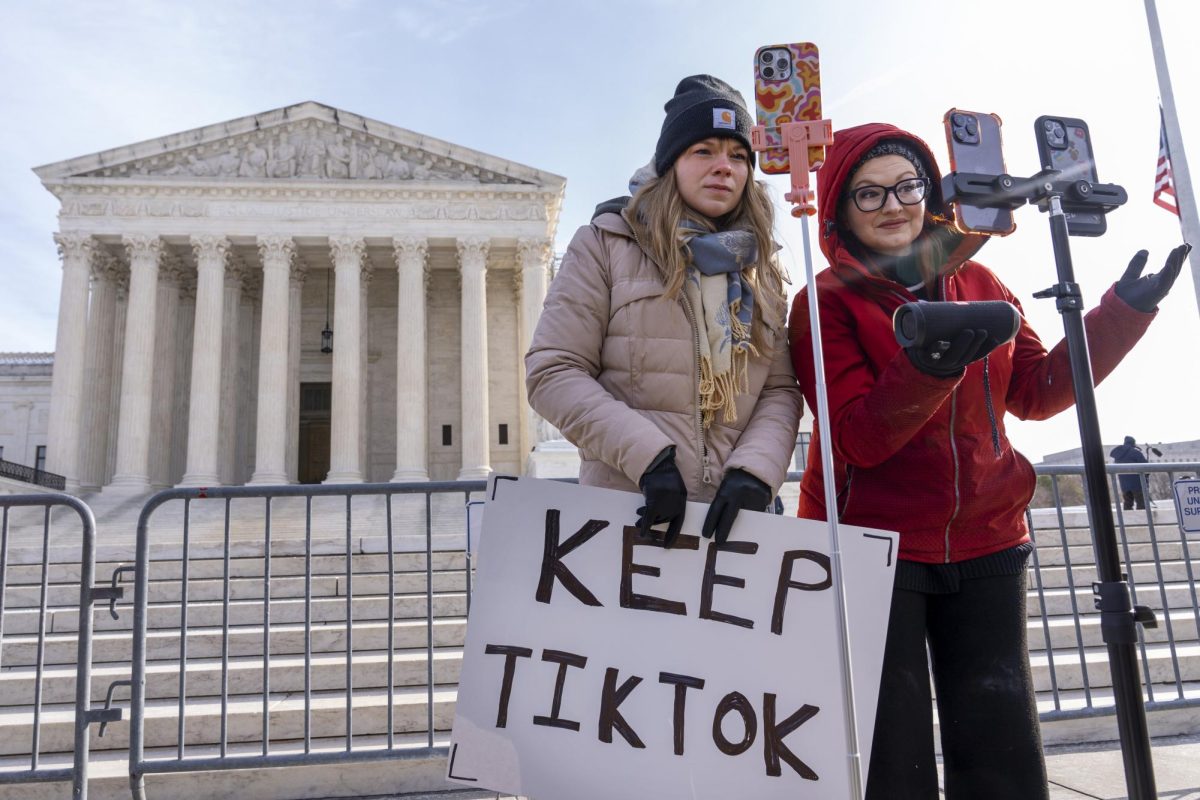JACKSONVILLE, Fla. – Social media is influencing users’ styles, outlooks and their voting decisions.
Political analyzers, creators and professors are concerned that social media targets voters to sway their decisions for either political party this coming November.
Political parties scrutinize media coverage for being biased, but social media poses a more significant threat of voting persuasion than previous elections.
This November is a historical time, being that 15 million Americans of Generation Z are of legal age to vote.
Based on a survey conducted by Harvard Youth Poll, 63% of respondents between the ages of 18 and 29 said they will vote — a near 20% increase from the 2016 election data.
“Young Americans are seeing first-hand how their government impacts their day-to-day lives,” said Mark Gearan, director at the Institute of Politics at Harvard Kennedy School. “And they are ready to make their voice heard in this election.”
According to a recent Pew Research report, young voters are tilting the scales of political views, ranking the economy, racial equality, healthcare, climate change and the coronavirus outbreak of the highest importance.
Social media is the primary medium to reach younger voters, causing concern for cyberattacks similar to the Russian disinformation tactics during the 2016 presidential election.
Major social media platforms are taking extra precautions to prevent bogus accounts and planted users to spread political misinformation.
Twitter detected and suspended over twenty user accounts for “platform manipulation and spam.” The accounts run by hired teenagers for organizations such as Turning Point Action, an affiliate of the conservative nonprofit Turning Point USA.
During an ongoing investigation, Facebook has deleted multiple accounts and have announced they will stop new political ads a week before election day.
In a statement released by founder Mark Zuckerberg, the company’s efforts that also stretch to Instagram and Messenger are “helping people register and vote, clearing up confusion about how this election will work, and taking steps to reduce the chances of violence and unrest.”
TikTok is a different story.
The app doesn’t have direct ads, blurring the lines of sponsored clips and agenda-setting. Users of the app displayed their immense impact back in June when hundreds of TikTok users, a mixture of teenagers and K-pop fans, never attended President Trump’s rally in Tulsa, Okla., after registering a majority of the seating.
Despite social media platform’s prevention efforts to stop misinformation and hacking, it may not do much.
“When rules are made, there are unintended consequences,” said John H. Parmelee, a political communications professor at UNF. “I hope for the best, but I think we should plan for the worst. [Journalists] should do what they’ve always done, which is report the facts and not worry about who is going to [be] upset or who it’s going to please.”
Voting day for the 2020 presidential election is Tuesday, November 3rd, and the voter registration deadline is Monday, October 5th.
__
For more information or news tips, or if you see an error in this story or have any compliments or concerns, contact editor@unfspinnaker.com.















